UNODC supported delegations from four Central Asian countries in a high-level study tour to the United Kingdom
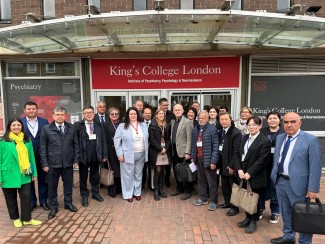
The UNODC Regional Office for Central Asia (ROCA) together with the UNODC Prevention, Treatment and Rehabilitation Section (PTRS) organized a study tour for high-level representatives, including senior officials, policymakers and substance use disorders clinicians, from the Republic of Kazakhstan, Tajikistan, Uzbekistan and Kyrgyz Republic to London, United Kingdom from 24 to 27 April 2023.
The main purpose of the visit was to learn and witness best practices in the areas of clinical governance, quality, and performance management of drug use disorder treatment services. The visiting delegates identified opportunities, challenges, and new learnings on models of care. In addition, they learned on how services are funded, designed, delivered, and how performance management is conducted to ensure cost-effectiveness without compromising clinical safety and the best possible outcomes for patients. Study tour participants also had the opportunity to identify possibilities for collaboration with respective organisations visited in the UK.
On 24 April 2023, the study tour started at King’s College London, Institute of Psychiatry, Psychology and Neuroscience with a meeting with the Director of the South London Maudsley Addiction Centre (SLAM) and his team of researchers. During the second part of the day, participants visited South London Maudsley Addiction Drug Treatment Services at Lambeth Addictions Consortium (Lorraine Hewitt House). The lead Consultant Psychiatrist and the Lead clinical psychologist for Addictions gave an overview of the evidence-based treatment and care services provided at this centre.
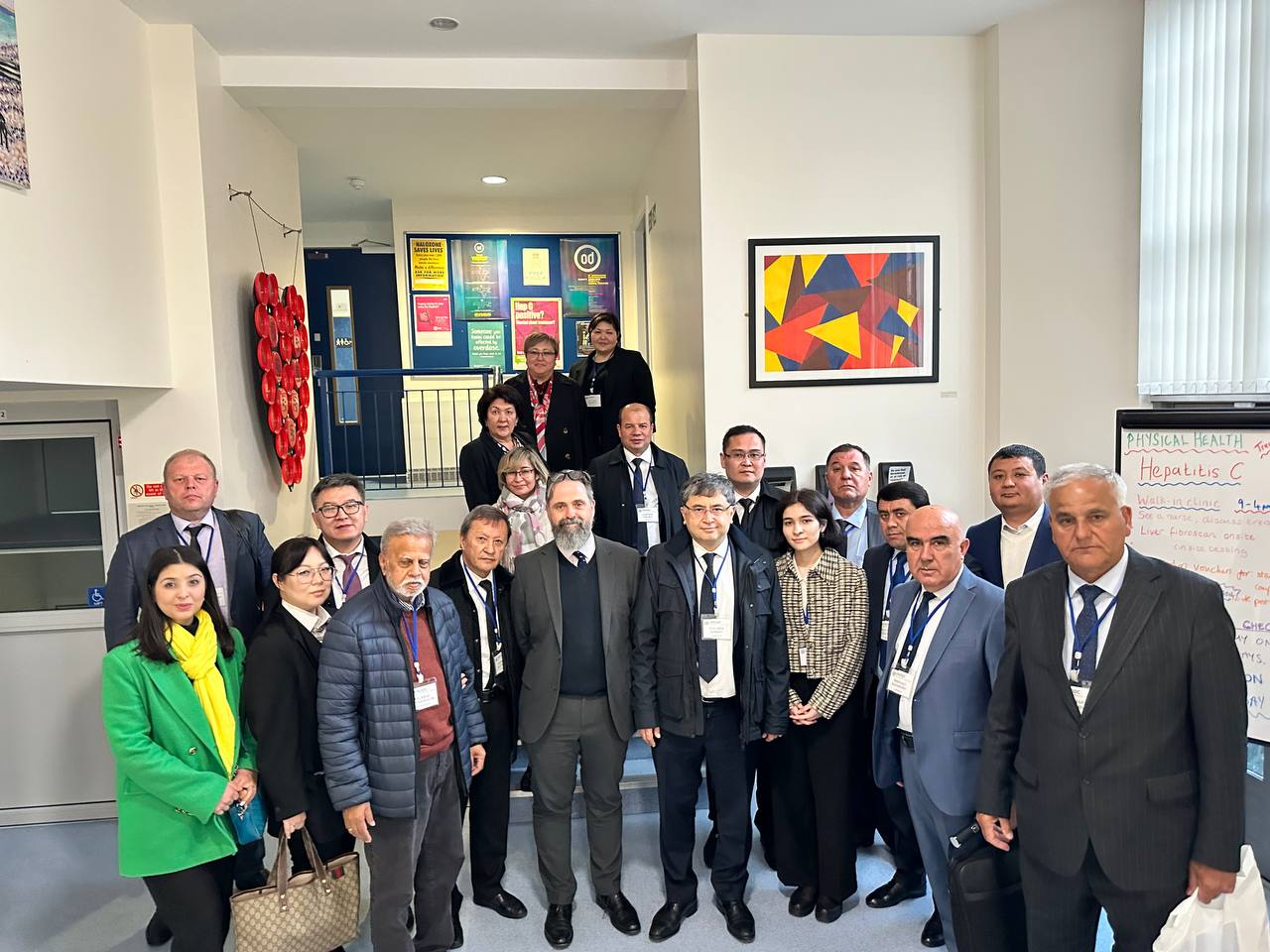
On 25 April 2023, study tour participants visited the UK Home Office to meet with the Deputy Director of the Drug Misuse Unit in the Crime Reduction Directorate of the Public Safety Group. He provided comprehensive information on the issues related to the UK National Drug and the national drugs legislations.
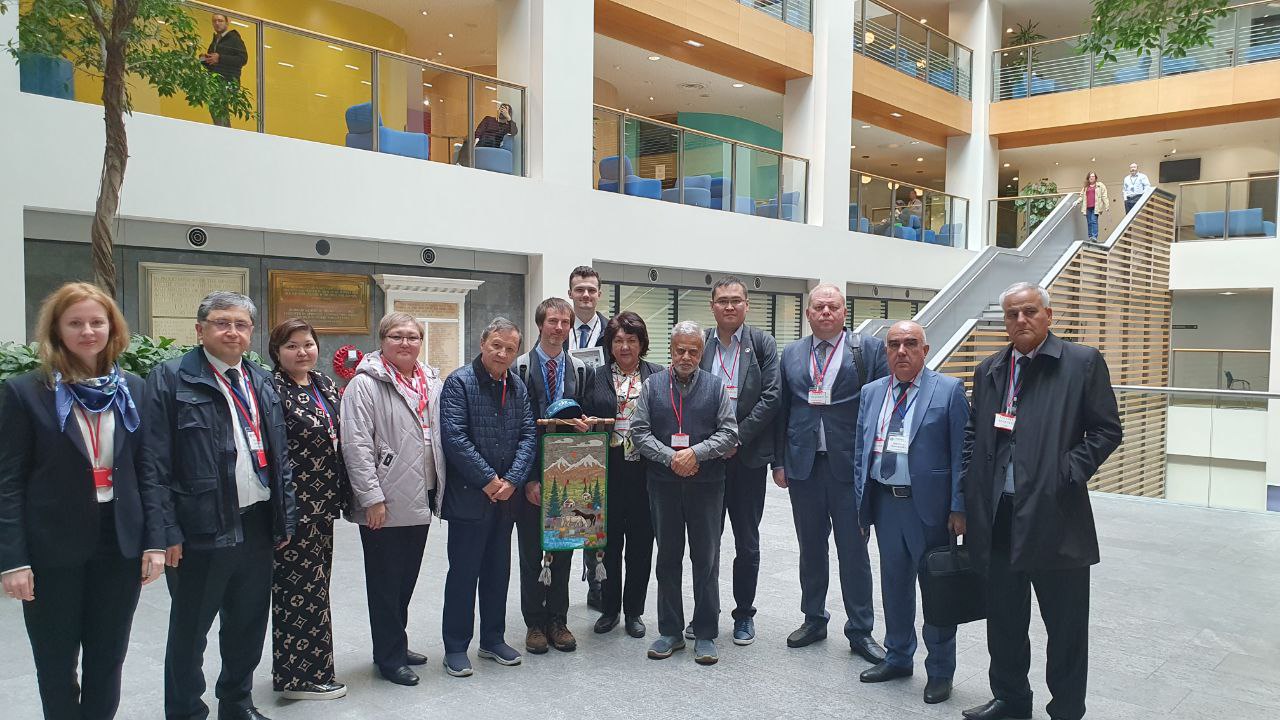
On 26 April 23, participants visited the Westminster Drugs Project (WDP is a national NGO) at the Passmore In-Patient and Recovery Unit. A presentation on the working model of the Passmore House as a national detox and recovery unit was provided by the medical director and area manager.
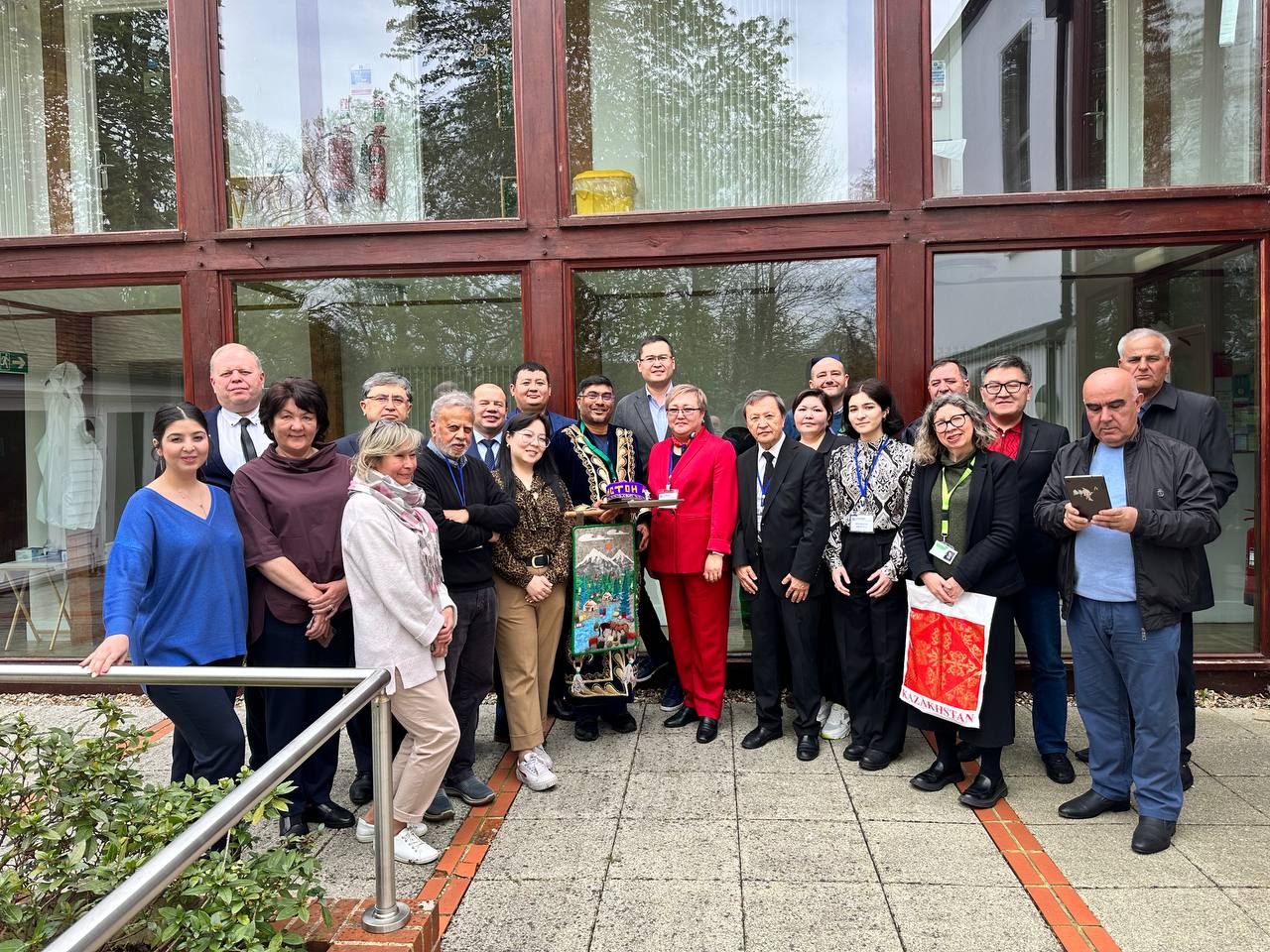
On 27 April 2023, the day started off with a visit to Central and Northwest London NHS Foundation Trust (CNWL). On the second part of the day, participants travelled to Middlesex University, Drugs and Alcohol Research Centre (DARC). The Deputy Academic Dean of Faculty of Health, Social Care and Education, DARC, the Co-Director of DARC, the Associate Professor of Mental Health Research, Department of Mental Health & Social Work and a Professor in Criminology, Co-Director of DARC provided information on the activities conducted by the center in the field of drug use prevention and drug dependence treatment and care.
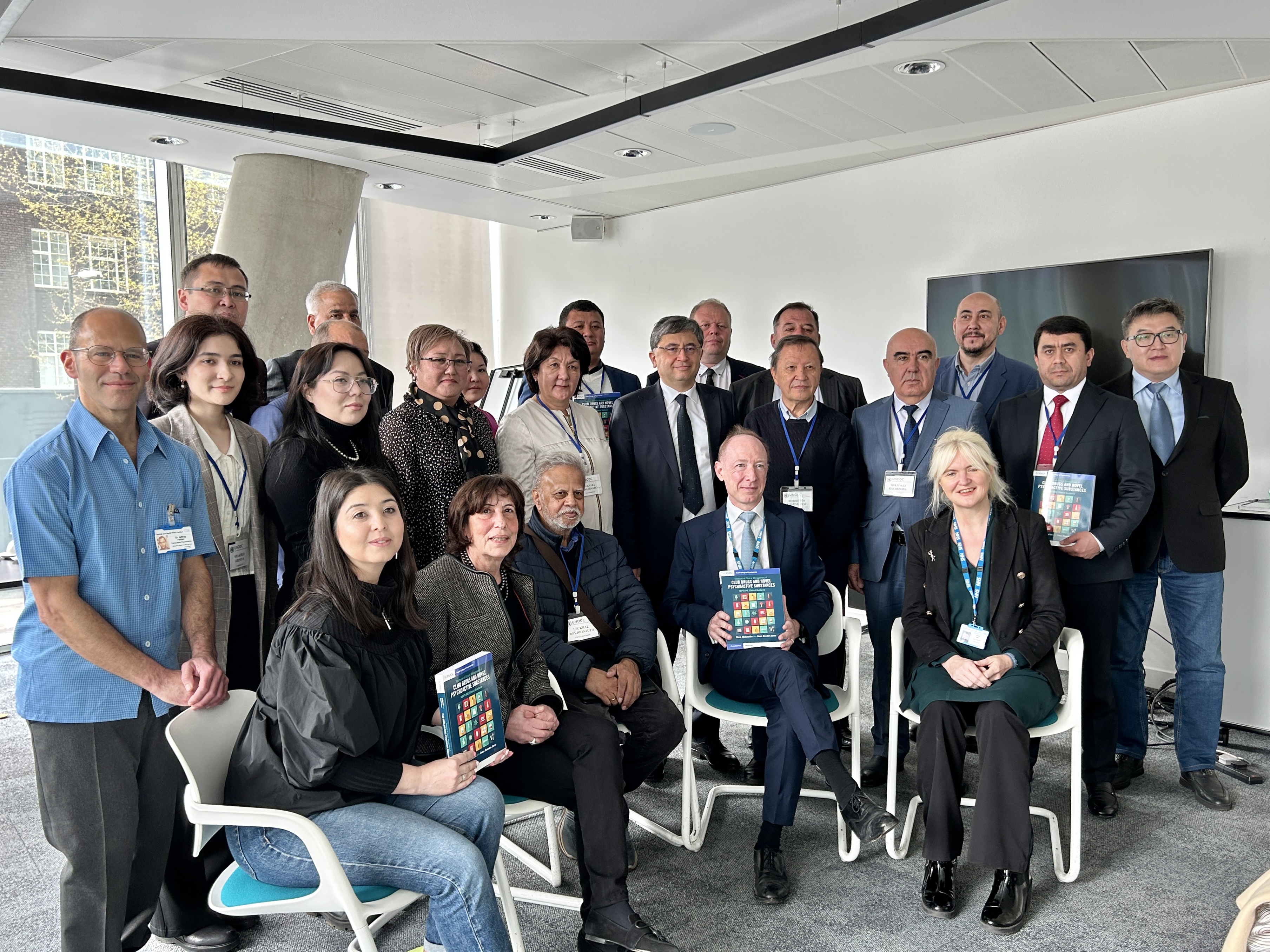
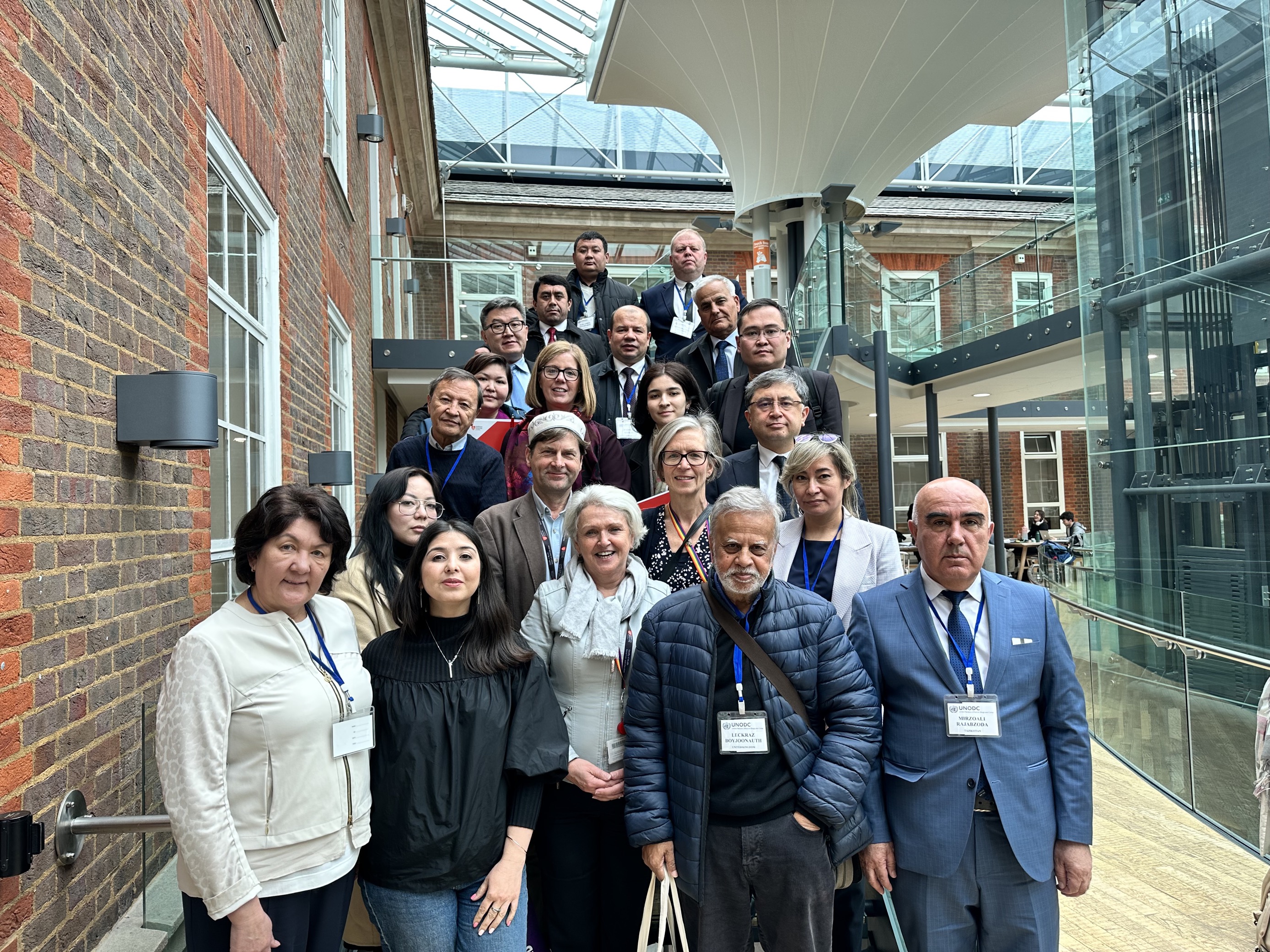
Participants agreed that the study tour was very useful and fruitful – the Kazakhstani Head of Information and Analytical Monitoring Center talked about how they were able to learn about the UK’s new methods of treatment and rehabilitation for psychoactive substance users which gave them the confidence to “put theory into practice back home”. The Head of Adolescent Department from the Kyrgyz Republican Psychiatry and Narcology Center, mentioned how understanding the differences between the UK and national drug policies and treatment methods, made her realise the need to further enhance community-based treatment and support in her country. The Director of the State Institution “National Center for Monitoring and Prevention of Drug Abuse” from the Republic of Tajikistan outlined the benefits of exchanging experiences with other Central Asian countries as they discussed different kinds of drug treatment services and their effectiveness. Lastly, the Chief Narcologist of the Ministry of Health of the Republic of Uzbekistan underlined lessons-learned from the UK of successfully co-operating between different government ministries in the provision of drug treatment services.
When Heads of delegation where asked what they would hope for patients in the future, the Kazakhstani representative highlighted the need to develop effective methods of diagnosing and preventing the non-medical use of psychoactive substances to counter the increase in its usage. The Kyrgyz delegate hoped to change the attitude and negative biases associated with drug dependence treatment and care and to enhance the quality of services to ensure that patients can return to society and reintegrate successfully. The representative of Tajikistan underlined the importance of expanding services whilst increasing access, whilst the Uzbekistan delegate highlighted the importance of integration and collaboration with other ministries along the continuum of care.
As a result of the study tour, all delegations developed concrete work plan of activities to enhance national treatment and care services with best practices learned from the UK study tour.
UNODC conducted this study tour in the framework of the UNODC global project GLOJ71 “Treating drug dependence and its health consequences: Treatnet II” in collaboration with Sub-programme 3: Addressing drug problems, increasing treatment of drug use disorders, and preventing HIV/AIDS” of the UNODC Programme for Central Asia 2022-2025. Moreover, the event was implemented together with the UNODC Prevention, Treatment and Rehabilitation Section and with the generous support of the U.S. Department of State’s Bureau of International Narcotics and Law Enforcement Affairs (INL).
With both positive feedback from the presenters and the participants and defined next steps, the UK Study Tour was a successful initiative. As the Kazakhstani representative said, this study tour gave the impetus to reduce barriers and expand access for more successful and effective treatment outcomes in order to ensure evidence-based treatment and care for all those in need.